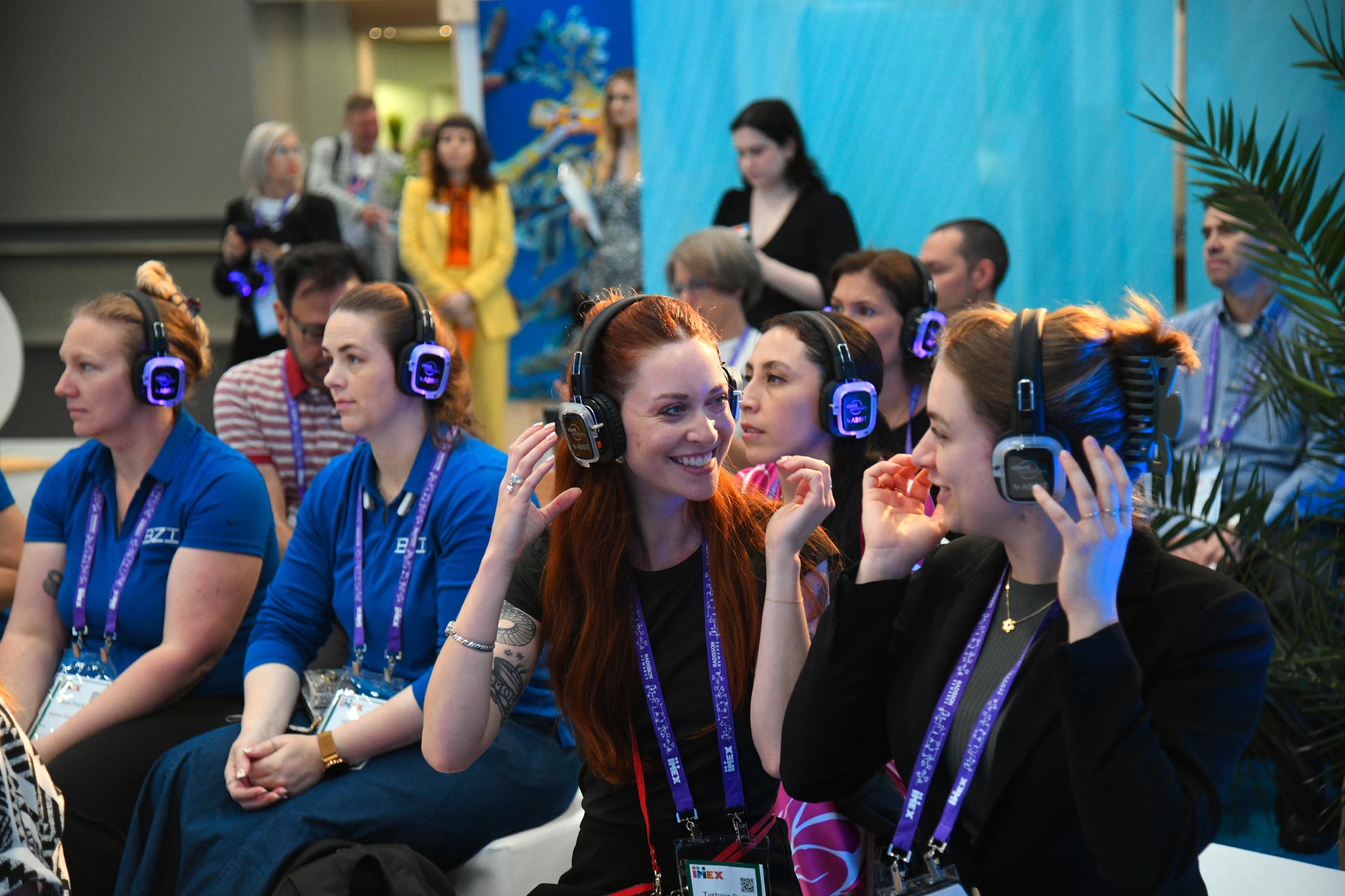Earlier this year, Business Events Sydney (BE Sydney), and the PCMA Foundation released the final report of Advancing Women in Business Events, a two-part global study focusing on the advancement of women in the industry, specifically the gender disparity in leadership, despite being a female-dominated field. This foundational study will be conducted every two years to benchmark and track progress. The global survey is conducted in collaboration with PwC.
The initial findings report quantified the size of the problem globally and identified the numerous challenges that women face, including multifaceted barriers to advancement across personal, organisational, and societal levels. The comprehensive report quantifies the representation of female leaders in the business events industry relative to the global workforce. It explores possible reasons why there are so few female leaders in the C-suite and at the Board level.
The research project focused on the following areas:
- Understanding the disparity of women in leadership positions.
- Barriers that exist for women who wish to advance.
- Recommendations for overcoming barriers.
- Leadership attributes and skills critical for the future of the industry.
- Why women are ideally suited for leadership roles.
- Implications for broader Diversity, Equity, and Inclusion, DEI, efforts.
“Gender equity in leadership is not a problem exclusive to our industry, but the steps we can take to shift the dial are. Everyone in our ecosystem has a role to play, from the individual to employers and as an industry. Our clients expect us to walk the talk. It is important that industry leaders lead the change now that ESG and Diversity, Equity and Inclusion have moved from a ‘nice to have’ to a business imperative,” says Lyn Lewis-Smith, CEO of BE Sydney.
“The business events industry is the ideal platform to demonstrate the value that women make every day, and we need to lead by example. Inclusivity and equity are not just the right things to do; they lead to greater profitability, successful organisations, and a just society,” says Sherrif Karamat, CAE, PCMA and CEMA President and CEO.
As advocates for furthering the business events industry, PCMA and BE Sydney believe progress toward inclusivity is paramount to ensuring sustainability. A diverse and inclusive leadership team is not just a strategic advantage but a fundamental necessity for the industry’s continued success. By fostering an environment that values and promotes the exclusive perspectives and talents of women, we aim to set a standard for excellence and innovation. Guidelines and recommendations for bringing more women into the C-suite fold will be a meaningful contributor to industry progress and momentum.
In the executive summary of the study’s insights, we learn that the goals of the survey were to gather insights from executives about the practical actions that will advance women into leaderships roles within the business events industry. The second goal was to collect best practices based on observations and experience on what is working to advance women in the business events industry. Also, the research supported some commonly held notions that apply to women in leadership positions across all sectors, namely, that there is a significant gap in representation among women in these roles.
“The business events industry is the ideal platform to demonstrate the value that women make every day”
According to data from Linkedin, as reported by The World Economic Forum in their Global Gender Gap Report 2023, women accounted for nearly 42 per cent of the global workforce. Yet, the share of women in senior leadership positions (Director, Vice-President/VP, or C-Suite) is 32 per cent, ten percentage points lower.
A survey conducted by IBTM found that 77 per cent of people in the event management industry globally are women, yet only 16 per cent of women are represented in leadership roles. Compared to 42 per cent of women in the global workforce, generally more than double that amount (86 per cent) of meeting/event planners in the US are women, according to the career resource site Zippia. Thus, the disparity of women in the business events industry versus women in leadership positions within business events becomes particularly striking.
Another finding from the PwC study was that opportunities for career support and development opportunities are limited. Additional barriers to advancement were identified across three dimensions: personal, organisational, and societal/industrywide. The overwhelming personal distinction, and therefore an area of focus for rectifying, was the self-limiting beliefs women tend to carry about themselves vis-à-vis their male counterparts in business.
The PCMA set out to further understand the reasons why this gender gap is so pronounced in the business events industry and recommend a set of actions the community can take to make significant strides to address this inequity. The research identified consistent challenges in advancing women into leadership roles within the business events industry across regions globally:
- Achieving pay equity.
- Flexibility in work hours as women typically bear the double burden of work and family care.
- Lack of opportunities for career progression.
- Shortage of diverse talent represented in the industry, particularly on leadership teams.
- Lack of support for learning and growth, skill development, and mentoring.
- Gender biases inhibiting women from advancing into leadership positions.
- Women’s limiting beliefs about themselves and their ability to compete for or successfully carry out leadership roles.
- Different forms of discrimination, including gender discrimination carried out by management, colleagues, and customers/members.
Recognising the tremendous value of diversity in global corporate leadership overall, PCMA and BE Sydney stand united to achieve an ambitious goal based on the feedback gleaned from our research, summarised below. Together, as an industry, we need to raise awareness of the issue both within and outside of the business events community such that we begin to realise measurable gains in:
- Increasing the representation of women in leadership roles.
- Closing the gender pay gap.
- Promoting flexible working styles, work/life balance, and family support.
- Increasing diversity and inclusion of all marginalised groups.
- Empowering women (removing limiting beliefs).
- Fostering cultural and societal change that challenges traditional gender roles and stereotypes.
“The global business events industry has an opportunity to be bold, to challenge the status quo, and to set forth a vision that eliminates barriers. We must be held accountable. While much is being done to support women as a result of DEI across all underrepresented groups, our industry can dismantle unnecessary obstacles to help women advance into leadership roles,” says Sherrif Karamat, CAE, PCMA and CEMA President and CEO.
Download the full report with all sources.



